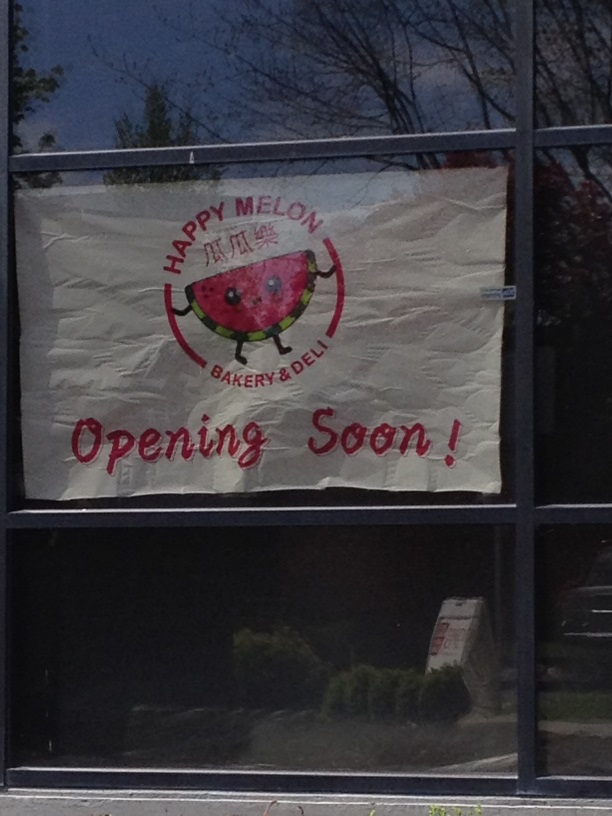Seattle’s Salish Sea Trading Cooperative is going to need a bigger boat. Now in its third season, the waterborne CSA is rapidly outgrowing its volunteer fleet of four sailboats, which twice a month travel between Seattle and Port Ludlow.
“We know using recreational sailboats isn’t ideal,” says co-founder and managing partner Kathy Pelish. “We’d like to get two small schooners built for us.”
In 2008, Dave Reid launched the Sail Transport Company as a way of coping with bleak fossil-fuel supply forecasts that would curtail current shipping methods. The first boats made wind-powered trips to Sequim to fetch berries from Nash’s Organic Produce Farm. “We had to race like hell,” recalls Pelish, who in 2010 recast the initial concept as a cooperative and renamed it Salish Sea Trading Cooperative.
Boats from Seattle now dock in Port Ludlow, about six hours away from the city by sailboat. In addition to collecting honey, potatoes, beets, and turnips from the Olympic Peninsula for the CSA’s 30 subscribers, sailors have started delivering Seattle edibles to the Peninsula: Last November, a box of Theo Chocolates was ferried to the Port Townsend Food Co-op. They’ve also begun carrying other items consistent with the group’s sustainable mission, such as bicycle parts.
“Port Ludlow has things we need, and Seattle has things they need,” Pelish says. “As a symbol, people find it really inspiring.”
Small-cargo transit networks are well-developed in Europe, which has a long history of port-to-port trading. “Short sea shipping” is established practice in the United Kingdom and the Netherlands, where loaded clipper ships race through inland waterways.
In our nation’s 20 landlocked states, carbon footprints can’t be shrunk significantly by boats. But Pelish believes short sea shipping could be an important piece of the conservation puzzle in regions like Puget Sound. The cooperative hopes to expand its routes to include Whidbey and Bainbridge Islands once it secures its own boats. The group is now applying for grant funding from various sources, including the City of Seattle.
“It’s very self-reliant,” Pelish says of the trade system she envisions. “It’s kind of an American thing to do.”








